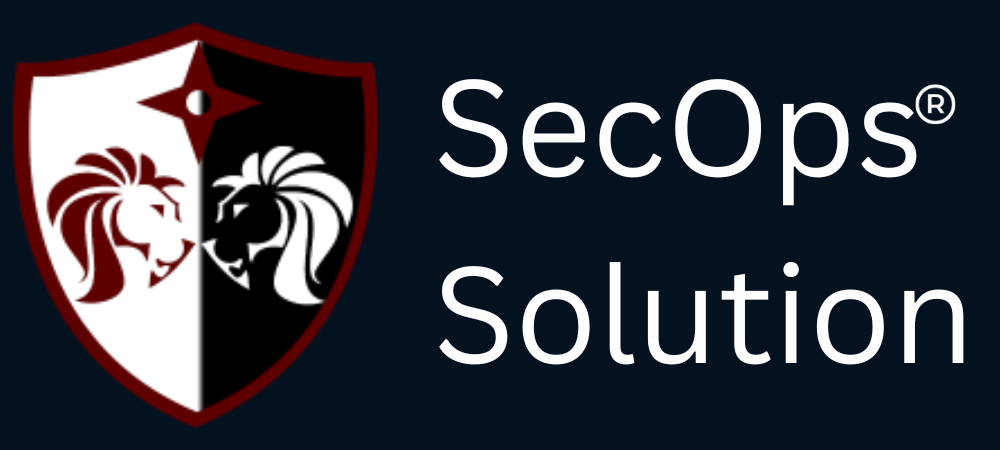
Agentless security for your infrastructure and applications - to build faster, more securely and in a fraction of the operational cost of other solutions

hello@secopsolution.com

In today’s fast-paced digital landscape, businesses are increasingly relying on cloud-based infrastructures to power their operations. The demand for rapid software deployment and scalability has made DevOps a cornerstone of modern development practices. However, the rise in cloud adoption also brings unique security challenges. Integrating cloud security with DevOps is no longer optional; it’s a critical necessity.
This guide explores how organizations can seamlessly incorporate cloud security into their DevOps workflows, enhancing both agility and protection.
1. Rapid Deployment Requires Robust Security:DevOps emphasizes continuous integration and continuous delivery (CI/CD). Without robust security measures, rapid deployments can introduce vulnerabilities, leaving your cloud environment exposed.
2. Increasing Cyber Threats:With evolving threats such as ransomware, DDoS attacks, and insider threats, cloud security must be a proactive part of your DevOps lifecycle.
3. Regulatory Compliance:Industries like healthcare, finance, and e-commerce face stringent regulations. Integrating security ensures compliance with standards such as GDPR, HIPAA, and PCI DSS.
DevSecOps integrates security into every phase of the DevOps lifecycle, from planning to deployment. Key steps include:
Security-as-Code allows security policies to be defined and enforced through code, making them consistent and repeatable.
DevOps thrives on feedback loops, and the same applies to security. Implement continuous monitoring to detect and respond to threats in real time.
The CI/CD pipeline is a frequent target for attackers. Securing it ensures your code and environments are protected.
Adopt a Zero Trust approach where no entity inside or outside your network is trusted by default.
Even with automated tools, manual audits and penetration testing remain essential.
Netflix adopts a DevSecOps approach with its Simian Army tools that automate security checks and resilience testing. Their “Chaos Engineering” ensures systems are robust under unforeseen conditions.
Capital One secures its cloud environment using a combination of IAM policies, automated security checks, and custom DevSecOps workflows. This proactive approach helps them comply with financial regulations.
Key performance indicators (KPIs) to measure success include:
Integrating cloud security with DevOps is not a one-time effort but a continuous journey. By adopting DevSecOps practices, automating security processes, and fostering a culture of collaboration, organizations can achieve the dual goals of speed and security.
Make your DevOps workflows resilient by embedding security at every stage. The result? Faster deployments, stronger compliance, and peace of mind in an era of escalating cyber threats.
Q: What is DevSecOps?
DevSecOps is the practice of integrating security into every phase of the DevOps lifecycle.
Q: Why is cloud security critical in DevOps?
Cloud environments are dynamic and face unique security challenges, making proactive measures essential.
Q: Can security slow down DevOps?
When integrated properly, security enhances DevOps without compromising speed, thanks to automation and streamlined processes.
By implementing these strategies, your organization can not only safeguard its cloud environment but also achieve a competitive edge in the marketplace. Remember, in the world of DevOps, security is not a hurdle; it’s an enabler.
SecOps Solution is a Full-stack Patch and Vulnerability Management Platform that helps organizations identify, prioritize, and remediate security vulnerabilities and misconfigurations in seconds.
To learn more, get in touch.